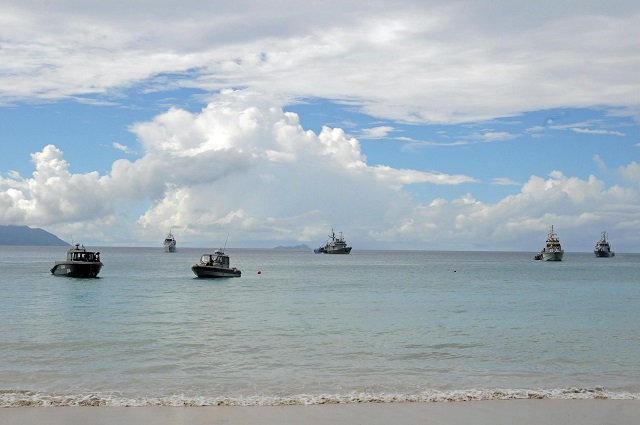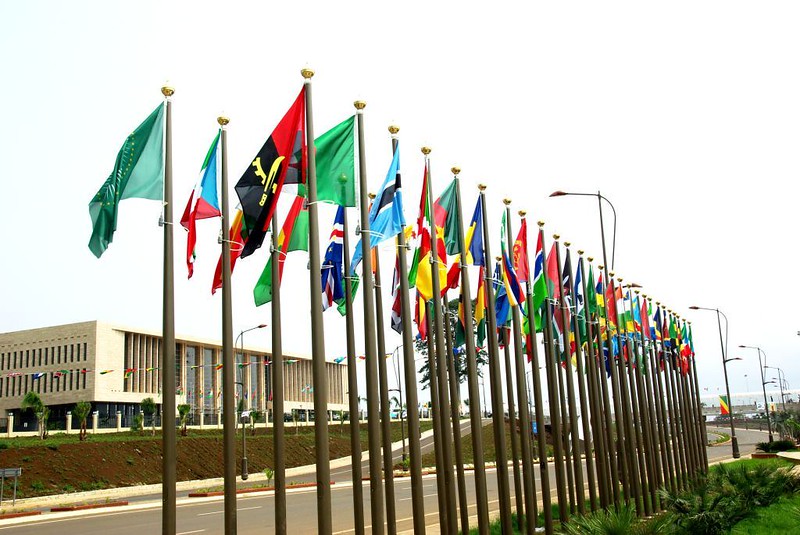Edwin Egede, Cardiff University
The African Charter on Maritime Security, Safety and Development in Africa (the Lomé Charter) is the outcome of the African Union Extraordinary Summit held in Lomé, Togo in October 2016. The idea of the Lomé special session was to build up on the results of previous summits held in Yaoundé (June 2013) and the Seychelles (February 2015) and to take the African blue economy and maritime security agendas forward.
The Lomé Charter is a momentous document in three main ways. First, it moves the African maritime security agenda from a mainly soft law, non-binding approach, as reflected in vital instruments such as the 2009 Djibouti Code of Conduct, the 2013 Yaoundé Code of Conduct or the 2050 Africa’s Integrated Maritime Strategy (AIM Strategy) adopted in 2014, to a hard law, legally binding treaty approach. Second, it seeks to accentuate the crucial linkages between maritime security and safety, and the huge prospects of utilising the marine spaces and resources as a key driver of Africa’s economic and social development. Third, it provides a legally binding definition, though framed in rather general terms, of Blue/Ocean Economy. Article 1 of the Charter defines the Blue/Ocean Economy as “sustainable economic development of oceans using such technics as regional development to integrate the use of seas and oceans, coasts, lakes, rivers, and underground water for economic purposes, including, but without being limited to fisheries, mining, energy, aquaculture and maritime transport, while protecting the sea to improve social wellbeing”.
In this blog, I argue that although the Lome Charter is a positive achievement, to effectively progress on the African Blue Economy there is a need to develop the annexes to the Charter to highlight the developmental aspects of the Blue Economy. Also, I identify some challenges that would arise as regards the actual implementation of the Charter.
Read more



